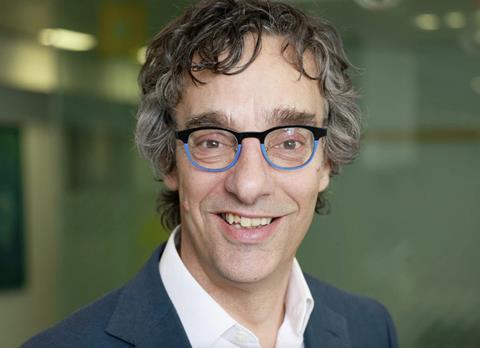Collaborative action vital in fight to reduce UK carbon emissions, Climate Change Committee chair advises OFC conference

Farmers and the government must work together to reduce UK carbon emissions and meet the country’s net-zero target.
So said Professor Piers Forster, chair of the Climate Change Committee – the independent body that advises Parliament on carbon emission reduction and adapting to climate change, speaking at the Oxford Farming Conference (OFC) today (10 January).
Updating delegates on the UK’s journey towards net zero thus far, Forster said farmers are already experiencing the impact of climate change in the form of flooding, drought, soil degradation, pests, pathogens and disease.
Addressing the conference on the day scientists confirmed 2024 as the hottest year on record – breaching the 1.5C warming limit, Forster said urgent collective action to reduce carbon emissions is necessary.
The UK is 50 per cent away from its net zero target, and currently agriculture accounts for 12 per cent of the country’s carbon emissions, he revealed.
Forster outlined the actions that farmers can take to reduce emissions, which include improving livestock health; planting trees and restoring peatland; as well as by diversifying farm incomes with energy crops and renewables.
“We need to integrate all these components, and we need to do them all on our individual farms,” said Forster, who farms in Berkshire. “We need to teach all these things at agriculture college.”
He added that urgent government action was also necessary in the form of innovating land policies, delivering a good land-use strategy and supporting farmers.
“We need to have good quality data about what is going on across the country. Then we need to standardise that quite well,” Forster said.
He added that his committee is due to publish a raft of advisory reports for Parliament and the devolved UK governments over the coming months.
Forster is the interim chair of the Climate Change Committee. He is also the director of the Priestley Centre for Climate Futures and Professor of Physical Climate Change at the University of Leeds.



